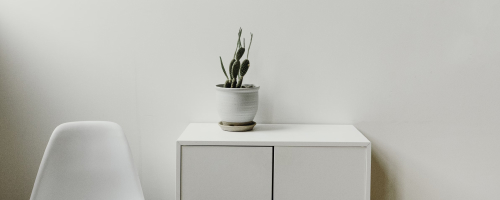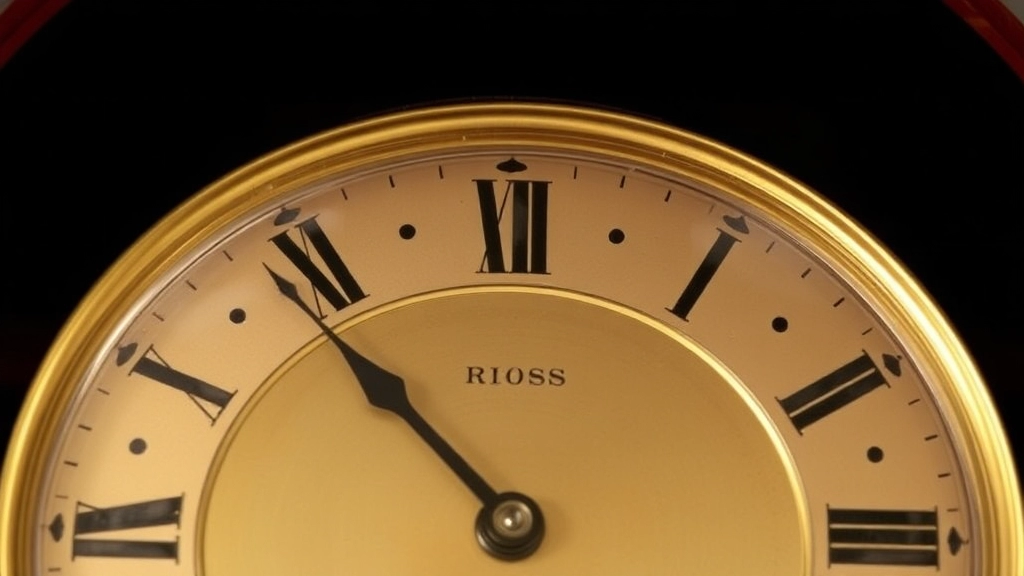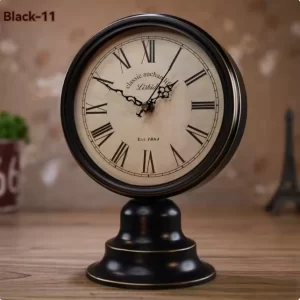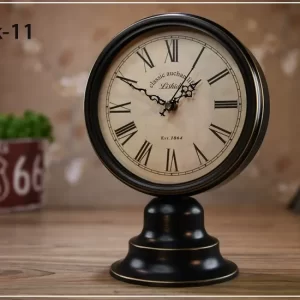How to assess the value of an antique clock: how much is your clock worth?
At MantelClock Studios, we know how tricky it can be to determine the value of an antique clock. Whether you’ve inherited a beautiful mantel clock, found an antique clock at a yard sale, or want to appraise a prized family heirloom, we offer a step-by-step guide to help you understand the true value of your timepiece. By knowing what features to look for, you can confidently estimate a clock’s valuation.
From antique desk clocks to ornate grandfather clocks, follow our expert approach to identifying the key factors that affect the value of an antique.
Clock parts to consider
Every part of a clock affects its value, so it’s vital to assess the correct features. The overall value of a clock is usually determined by a combination of several factors, so even the smallest details should not be overlooked!
Key areas to inspect include the clock arms, case and dial. These are the most obvious components, and while their condition can give a quick estimate of value, the true value of a clock is often related to less obvious elements, such as craftsmanship and internal construction.
Six Steps to Assessing the Value of an Antique Clock
Follow these six basic steps to determine the value of an antique clock:
1. Look for labels or signatures
The manufacturer plays an important role in determining the value of a clock. The dial, case or movement will usually have a label, signature or stamp on it. Be patient when looking for them, as some markings may be faint or hidden in less visible areas.
2. Check if the clock is handmade
Craftsmanship is the hallmark of a valuable antique. Handmade clocks often exhibit unique imperfections, such as slightly uneven curves, asymmetry, or a mix of different materials and hardware. These imperfections are a sign of authenticity and can significantly increase the appreciation of a clock.
3. Determining the type of watch
Determining the type of clock is critical to assessing value. Types of clocks include popular styles such as mantel clocks, skeleton clocks, grandfather clocks, baguettes and carriage clocks. Research the unique characteristics of each style to narrow down the classification of clocks and determine their typical price range.
4. Finding age-specific features
Aging adds charm and authenticity to antique clocks. Look for subtle signs of wear – patina on the metal, discoloration on the clock face or discoloration on the case. While these signs don’t give an exact value, they can be a good indication of a clock’s age and originality.
-
Elegant Black Mantel Clock for Living Room – Silent & Stylish
Original price was: $180.00.$170.00Current price is: $170.00.
5. Use an online pricing guide
Once you’ve determined the type, manufacturer and year of the clock, you can refer to reputable online antique clock pricing guides. These resources can give you an approximate value for your clock by comparing similar clocks that have been sold.
6. Get an Appraisal from a Professional
After gathering an initial estimate, ask a trusted professional for an in-person appraisal. A professional can assess the condition and craftsmanship of your timepiece more carefully, providing you with a more accurate value. Use your online estimate as a starting point when discussing your timepiece with an appraiser.
Why brand and vintage matter
The age of a timepiece is critical to value. Antique and vintage timepieces not only have practical value, they are also historical artifacts. Collectors often prefer timepieces that have been around for a long time or are from well-known manufacturers. By understanding these characteristics, you will have a better idea of the true value of a clock.
Other Factors Affecting the Value of a Clock
One of the most critical aspects of an antique clock is the movement – the internal mechanism that powers the clock. Whether your clock uses a pendulum, springs or weights, the quality and condition of the movement can greatly affect its overall value.
Final Thoughts
Antique clocks may be worth much more than you expect. Knowing what they are worth will not only help you get a fair price for them, but it will also ensure that they continue to be recognized for their value. Whether you are selling, insuring, or just curious, following these steps will help you make an informed decision about antique clocks.
At MantelClock Studios, we are ready to help you uncover the back story of your clock and reveal its true value. If you need guidance or professional assistance with the valuation of a clock, please feel free to contact us.





